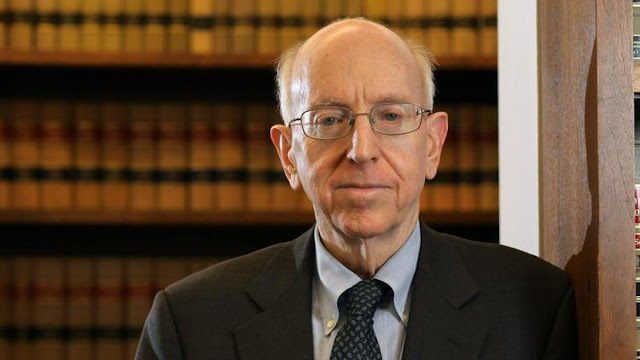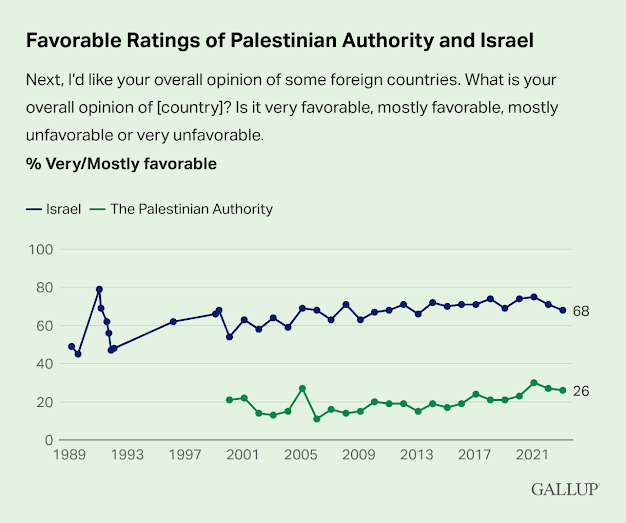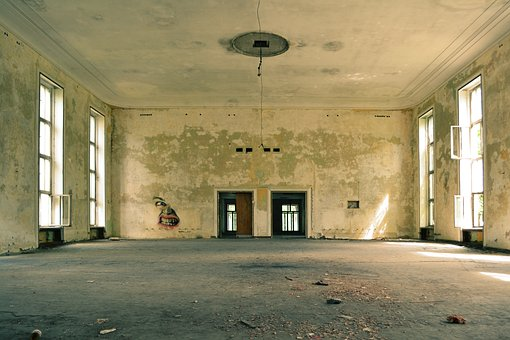Sham and shame at Sharm el-Sheikh
Earlier this week, I made the mistake of reading the communiqué published at the end of the March 19 Sharm el-Sheikh multilateral conference.Jonathan Tobin: Don’t believe the Jimmy Carter revisionists
I say “mistake” because the document, which sums up various points agreed upon by Israeli, Palestinian, American, Egyptian and Jordanian political and security leaders, is so one-sided and infuriating that it is difficult to comprehend how the government could have agreed to such shameful terms.
Thankfully, the decisions published in such communiqués are usually worth little more than the cost of the ink used to print them. But that does not take away from just how deplorable the summit’s statement is.
Israel gives concessions, the Palestinians give nothing
Over the course of two pages, one will not find a single Palestinian concession – not one! – while in exchange, Israel offered up several overly generous gestures regarding important issues.
After an initial standard boilerplate text invoking the usual vacuous diplomatic phrases such as “enhancing mutual trust,” the second paragraph states that both Israel and the Palestinians “reaffirmed their joint readiness and commitment to immediately work to end unilateral measures for a period of three to six months.”
This is followed immediately by the declaration that Israel has made a “commitment to stop discussion of any new settlement units for four months and to stop authorization of any outposts for six months.” In other words, the Jewish state has agreed to a wholesale freeze on Jewish construction in Judea and Samaria through at least the summer.
By contrast, the document fails to list any concrete steps to be taken by the Palestinians, such as halting their massive land grab and spate of illegal building throughout Judea and Samaria.
Carter is also given credit by his apologists for helping to broker peace between Israel and Egypt at the 1978 Camp David Summit. That’s true, but it must also be remembered that the peace process was begun by Egyptian President Anwar Sadat with his historic 1977 flight to Jerusalem took place in spite of Carter, not because of him. Carter had tried initially to involve the Soviets in Mideast peace efforts, something the Egyptians rightly feared.US, UN officials use ‘puzzling’ language equating tensions with Ramadan, Passover and Easter
Carter despised Israeli Prime Minister Menachem Begin for his tenacious defense of Jewish rights and unwillingness to bow to U.S. pressure. He always blamed Begin for somehow deceiving him about Israel’s intention to defend the right of Jews to settle in Judea and Samaria, which the president wanted to end. But that was not true since, if anything, Carter deceived himself about what Begin’s promise of limited autonomy for Palestinian Arabs in the territories really meant.
Carter’s hostility to Israel was no secret, and it played a part in the failure of his bid for re-election in 1980. Reagan achieved a modern record of 40% of the Jewish vote not so much because of his appeal but because of Carter’s unpopularity—something that Republicans have failed to remember as they’ve sought in vain to replicate that feat.
Carter blamed the Jews for his defeat; it colored his post-presidency as he began a decades-long effort to promote Palestinian statehood and to smear Israel. He was not the only person to be wrong about the necessity for a two-state solution, but few matched the virulence with which he assailed Israel, and especially its American supporters, for their refusal to listen to his bad advice.
That culminated in the publication of his 2006 book—Palestine, Peace Not Apartheid, which in no small measure began the effort, at least in the United States, to mainstream the big lie that the Middle East’s only democracy was in some ways morally equivalent to apartheid-era South Africa.
For all of the applause he has received for his life as an ex-president, Carter’s animus against the Jewish state and willingness to use his moral standing and influence to besmirch it and aid the efforts of antisemitic hate-mongers and terrorists to undermine its existence is also part of his legacy.
So, when assessing his life, how do we weigh that against the many good things that can be said for Jimmy Carter as an individual? There is no calculus by which these competing arguments can be measured exactly. Like everyone, his life was a mixture of good and bad. It is entirely possible to acknowledge his outstanding personal qualities and even his undoubted positive intentions, but to also judge his presidency to be a disaster and his post-presidential efforts to have also done as much harm as good.
We should all wish him and his family well and, whenever it does happen, his passing should be acknowledged with the solemnity and respect due to a former president of the United States. But we should not let that desire to think well of a historic figure color the verdict of contemporary public opinion or history. Jimmy Carter may have been a very decent man in many respects, but he was still a bad president and someone whose unfair attacks on the Jewish state deserve to be held against him.
Briefing the U.N. Security Council from Jerusalem on March 22, Tor Wennesland, U.N. special coordinator for the Middle East peace process, urged “all sides to refrain from unilateral steps that escalate tensions” ahead of Ramadan, Passover and Easter. “This should be a period for safe and peaceful religious reflection and celebration for all,” he said.
Twice the day before, on March 21, U.S. State Department officials issued similar calls for calm ahead of the three overlapping holidays.
When Wendy Sherman, U.S. deputy secretary of state, summoned Michael Herzog, Israel’s ambassador to the United States, the two discussed the disengagement law. Sherman stressed “the importance of all parties refraining from actions or rhetoric that could further inflame tensions leading into the Ramadan, Passover and Easter holidays,” per Vedant Patel, principal deputy spokesman at the State Department.
And at the podium during the department’s daily press briefing, Patel said the Knesset vote came “at a time of heightened tensions” and was “particularly provocative and counterproductive to efforts to restore some measures of calm as we head into the Ramadan, Passover and the Easter holidays.”
Violence from terrorists who self-identify as Muslim during Ramadan is documented, but suggesting that Jewish and Christian extremists act more violently during Passover and Easter respectively appears to be Foggy Bottom’s religious holiday adaptation of “all lives matter.” Subscribe to The JNS Daily Syndicate by email and never miss our top stories
“This formulation is puzzling, and that’s being generous,” Jonathan Schanzer, senior vice president for research at the Foundation for Defense of Democracies, told JNS. “In fact, there is nothing inherently violent about Ramadan, Easter or Passover. With this statement, the State Department has effectively given Palestinian groups a green light to attack Israel.”
Officials, who lump the holidays together, also imply that Jews, Christians and Muslims “wield their holidays as tools of political violence,” added Schanzer. “So much for diplomacy.”















































